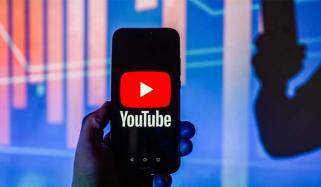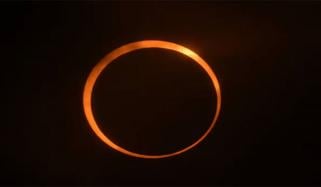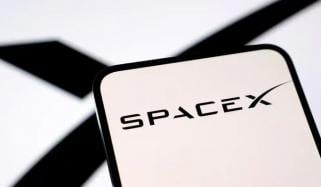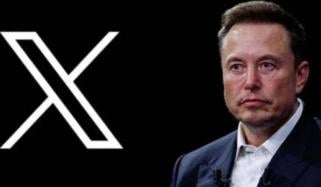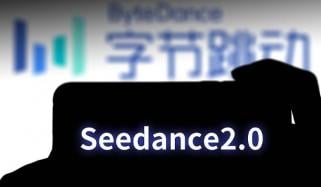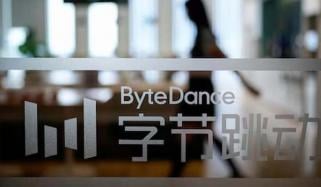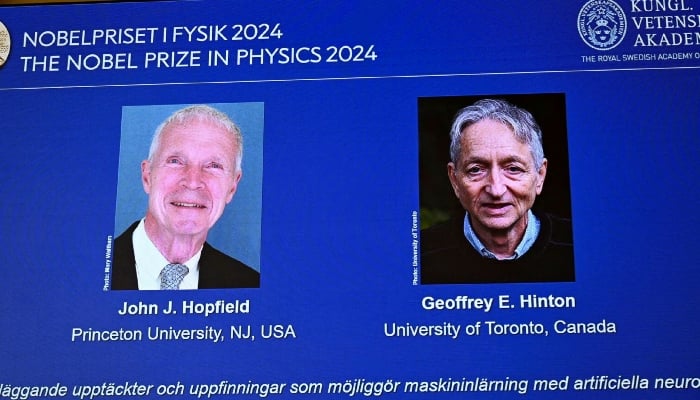
Google's Nobel Prize-winning scientists have stirred a debate in the tech and academic communities over the future of AI research.
As per the report, this week's chemistry and physics Nobel Prize winners were awarded to a small number of people associated with Google, which, has ignited controversy about the company’s dominance in research.
On Wednesday, co-founder of Google's AI unit DeepMind, Demis Hassabis and his colleague John Jumper garnered a Nobel prize in chemistry.
Furthermore, U.S. biochemist David Baker, won the prestigious honour for their work decoding the structures of microscopic proteins.
On Tuesday, Geoffrey Hinton was also awarded with Nobel prize in physics, alongside U.S. scientist John Hopfield, for earlier discoveries in machine learning that led the path for the AI boom.
Speaking with Reuters, the computer scientist and advisor on AI to the United Nations, Professor Dame Wendy Hall, stated the honourees work was worthy of recognition but the lack of a Nobel prize for mathematics or computer science had biased the result
"The Nobel prize committee doesn't want to miss out on this AI stuff, so it's very creative of them to push Geoffrey through the physics route," she said.
The professor added, "I would argue both are dubious, but nonetheless worthy of a Nobel prize in terms of the science they’ve done. So how else are you going to reward them?"
Noah Giansiracusa, an associate maths professor at Bentley University and author of "How Algorithms Create and Prevent Fake News", also argued "What he did was phenomenal, but was it physics? I don't think so. Even if there's inspiration from physics, they're not developing a new theory in physics or solving a longstanding problem in physics."
Moreover, the controversy came amid the US regulators currently forcing Google for a potential break-up, which could force it to divide its business component such as its Chrome browser and Android operating system,

